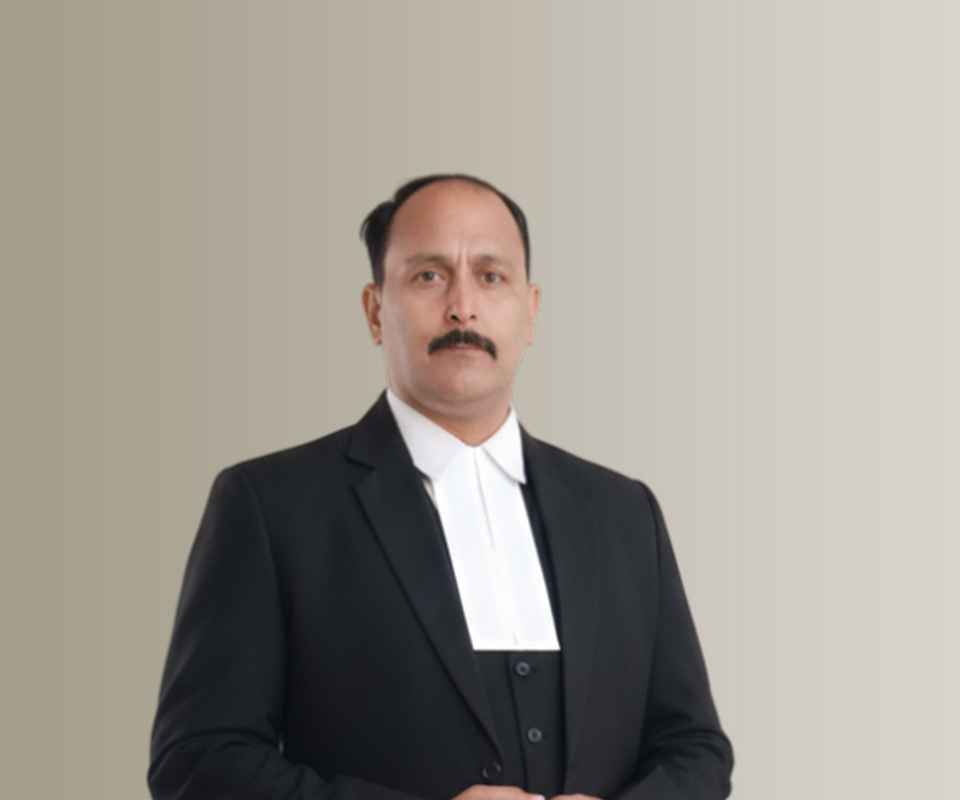Answer By law4u team
Bharatiya Nagarik Suraksha Sanhita, 2023 - Section 408: Power to direct further inquiry to be made or additional evidence to be taken.
(1) If, when such proceedings are submitted, the High Court thinks that a further inquiry should be made into, or additional evidence taken upon, any point bearing upon the guilt or innocence of the convicted person, it may make such inquiry or take such evidence itself, or direct it to be made or taken by the Court of Session.
(2) Unless the High Court otherwise directs, the presence of the convicted person may be dispensed with when such inquiry is made or such evidence is taken.
(3) When the inquiry or evidence (if any) is not made or taken by the High Court, the result of such inquiry or evidence shall be certified to such Court.
Brief Detail
Section 408 of the Bharatiya Nagarik Suraksha Sanhita, 2023, provides the High Court with the authority to direct a further inquiry or take additional evidence in cases where the guilt or innocence of the convicted person is in question. The High Court can either conduct the inquiry or evidence collection itself, or it may instruct the Court of Session to do so. The presence of the convicted person may be dispensed with unless the High Court instructs otherwise. If the inquiry or evidence is not handled by the High Court, the results must be certified to the Court of Session.
Question & Answers
Q1: What power does Section 408 give to the High Court?
A1: Section 408 grants the High Court the power to direct a further inquiry or to take additional evidence on any point related to the guilt or innocence of the convicted person. The High Court can either conduct this itself or direct the Court of Session to do so.
Q2: Can the convicted person's presence be required during the inquiry or evidence gathering process?
A2: The presence of the convicted person may be dispensed with unless the High Court specifically directs otherwise.
Q3: What happens if the High Court does not handle the inquiry or evidence collection?
A3: If the inquiry or evidence is not made or taken by the High Court, the results must be certified to the Court of Session.
Q4: Who can conduct the inquiry or take the additional evidence, according to Section 408?
A4: The inquiry or evidence can be conducted by the High Court itself or directed to be done by the Court of Session.
Example
Example 1:
The High Court, after reviewing a case, decides that more evidence is needed to determine the innocence of the convicted person. The High Court can either conduct this inquiry itself or ask the Court of Session to handle it. If the High Court is not conducting it, the results must be sent back to the Court of Session for certification.
Example 2:
In a case where the guilt of a convicted person is unclear, the High Court orders an additional inquiry. The convicted person need not be present for this inquiry unless the High Court states otherwise. The Court of Session carries out the inquiry and reports the results to the High Court.
Summary
Section 408 of the Bharatiya Nagarik Suraksha Sanhita, 2023, empowers the High Court to initiate further inquiry or collect additional evidence if necessary, especially concerning the guilt or innocence of the convicted person. The High Court can either do this itself or direct the Court of Session to handle the matter. The convicted person's presence is not always required during this process, and the results of any inquiry or evidence taken by the Court of Session must be certified to the High Court.







